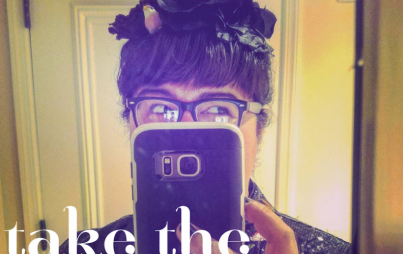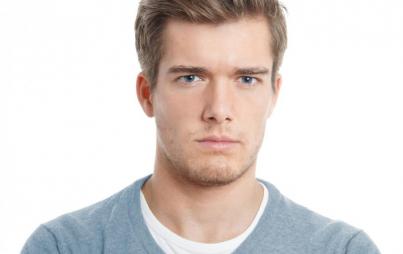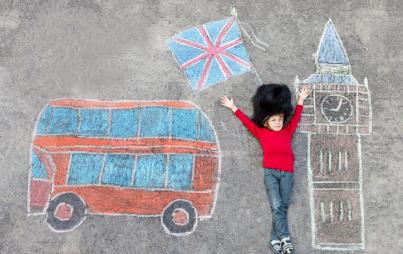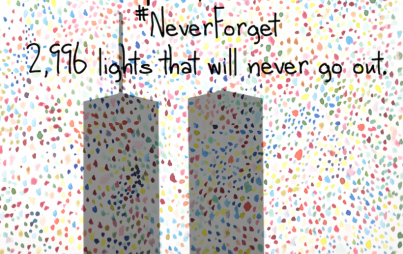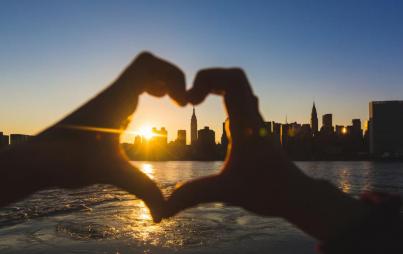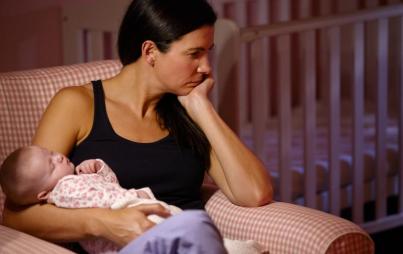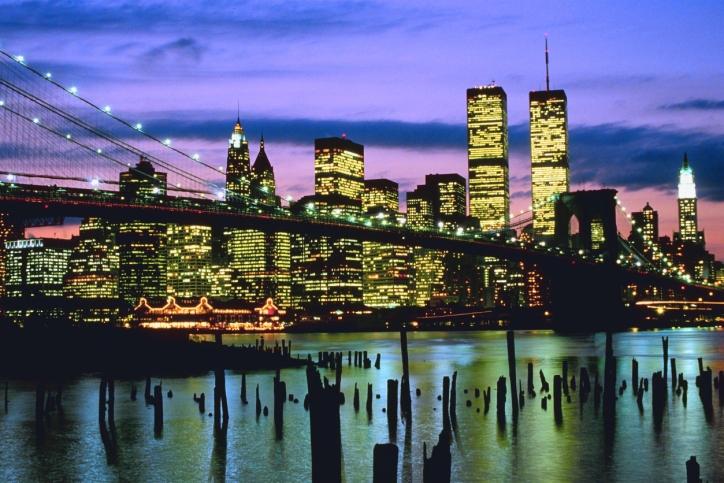
Credit: ThinkStock
When I was little girl, my mother showed me a famous cover from The New Yorker called “A View of The World From Ninth Avenue.” It’s a cartoon map where New York is very big and the rest of the world is very small, rendering any place that isn’t the city basically insignificant. The map serves as an illustrated explanation of how, born in Manhattan, I was raised there by my native New Yorker parents. Everything in the whole world revolved around New York—probably in the same way everything revolves around Jesus for fundamentalist Christians. New York is a symbol for life, liberty and the pursuit of happiness, so it's natural that terrorists would want to destroy it.
I remember nearly every detail of the day the world changed. I was a freshman in college, abroad in London (that’s not a typo, I spent my first semester freshman year in London), when I received a phone call from a friend I had visited the previous weekend in Monaco telling me what had happened. I was confused; I’m not sure I really even believed him. I tried calling my parents, but I couldn’t get through because the lines were jammed—as they would be for weeks.
Everyone from school ended up at the bar downstairs (yes, British schools have on-campus pubs—it’s awesome) where the BBC flickered on TV. Oddly, the BBC was simulcasting the local New York news coverage of the attacks, which was comforting in a strange way. I sat on a pool table, alone in a room packed full of people, getting drunk in the afternoon, eyes glazing over at the screen. The drinking age in Europe is 18; the drinking age in New York doesn’t exist.
When I was finally able to speak with my mother, she said it was good that I was abroad—New York was a nightmare. She relayed to me that she could smell the burning flesh miles away from the wreckage, in the Upper East Side condo where I'd grown up. She couldn’t even open a window.
Several months later, when I finally returned to New York from Europe, I might as well have come back to Mars.
Before 9/11, I was truly naive. Not to brag, but the normal that existed in my pre-9/11 world was so incredible, there are no words or stories that can do really do it justice. The beauty and glamour I experienced, as if gifts straight from New York itself, are things only native inhabitants can comprehend. In school, we had photography classes in Central Park, trips to the Metropolitan Museum of Art for history class. And those things felt ordinary—as normal as a trip to Starbucks. But, looking back, I regret not being more appreciative of it all at the time.
I've been living in Los Angeles for a number of years but since I've met someone very special who lives in New York, I've split my time between the two cities for the last year. Getting to spend so much time in the city I grew up in has only reinforced how everything is so completely different. I mostly see it in the streetscapes. All of the stores where my mother and I shared wonderful times shopping (followed, of course, by hiding evidence of said shopping excursions from my father) are gone. SoHo used to be the center of creativity and art, but because the attacks slowed down the economy, it’s now a glorified shopping mall. It's as if the rest of the world has encroached upon that map my mother showed me—the city growing smaller and smaller, losing its je ne sais quoi with every yellow alert.
Worse, of course, than the superficial mall-ization of Manhattan, is that it just doesn’t feel the same. I can only liken it to food; imagine eating something you’ve enjoyed for your entire life. Crave it. Anticipate its deliciousness. But when you take a bite, it’s just not as good as you remembered it. It’s not bad, but it tastes like it’s missing a spice you can’t identify. Maybe I’ve lost the recipe. That’s how New York feels to me, like it’s missing something. Thirteen years later, I still remember, fondly, how it used to be—but I can’t ever go back to it.
Like a relationship with someone who dies young or dies suddenly, I’m grateful for every moment I had with you, New York.

